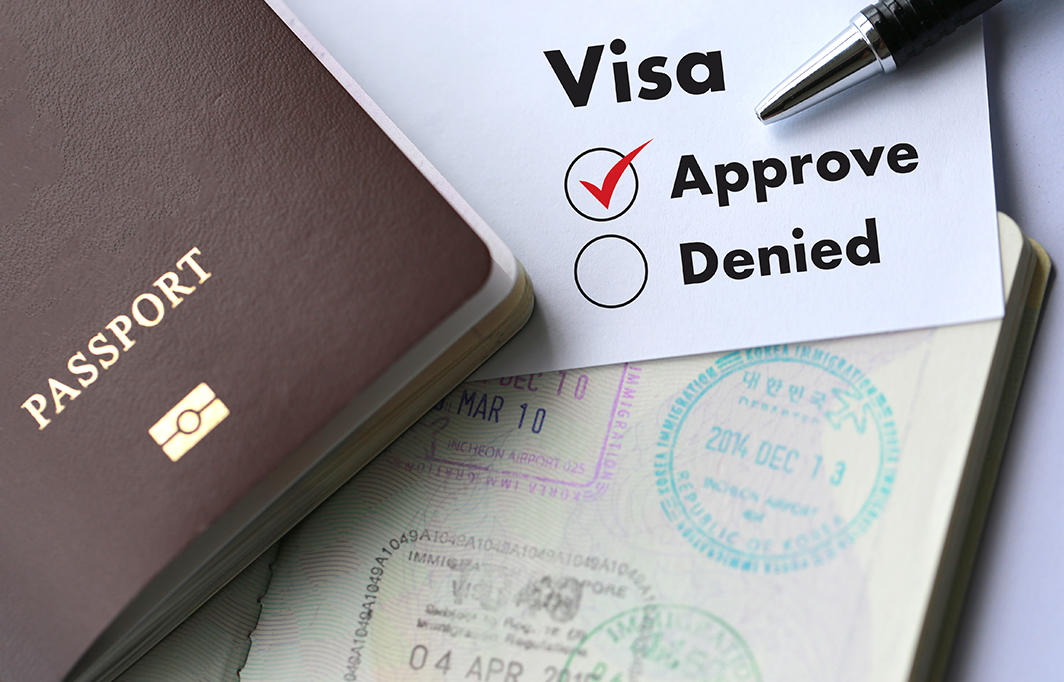Immigration: details of the new points-based system revealed – how will it affect our profession?
News
- General news
17 July 2020

The Home Office this week released details of the UK’s new points-based immigration system, which will come into effect from 1 January 2021.
With legislation to implement the system near to completing its passage through Parliament, the new framework – which will end the free movement of workers from the EU and introduce new salary thresholds for ‘skilled workers’ – is intended to encourage employers to invest in the domestic workforce, rather than rely on overseas labour.
The new system will require those applying via the skilled worker route to accumulate points by meeting certain criteria; these include having a job offer at the appropriate skill level (the minimum threshold will be A-level or equivalent, rather than degree level under the current system), the ability to speak English, and meeting the applicable salary threshold for the job.
The salary threshold for a facilities manager has been set at £26,300; for a building services consultant, £25,600; and for a maintenance manager (buildings and other structures) it’s £25,600. Roles which are not eligible under the ‘skilled worker’ route include: facilities supervisor; receptionist; site manager (educational establishments); cleaning supervisor; and security officer. For a full list of occupations which do and do not fall under the new skilled worker route, click here.
While the Government’s message is that the new system will welcome the best and brightest global talent and, at the same time, encourage investment in a domestic UK workforce, there are concerns that the new rules will cause additional staffing shortages for key sectors - such as construction, hospitality and social care - at a time when they are struggling to recover from the effects of the coronavirus pandemic, as well as other longer-term challenges.
The Government has stressed that the new system will be streamlined, quicker and more technology-based; the Resident Labour Market Test has been removed, the ‘skilled worker’ thresholds lowered, and the cap on the number of skilled workers will no longer apply. There will also be some flexibility for applicants to trade points if they have relevant qualifications or work in a role on the shortage occupation list.
Even though the economic damage caused by the coronavirus pandemic will mean more people in the UK looking for employment opportunities, it will take time to address the skills shortages that already exist in our sector and elsewhere. With so much uncertainty on how workplaces will evolve, other new skills gaps could appear.
With many businesses struggling to survive the pandemic crisis and continuing uncertainty around Britain’s future trading relationships after Brexit, it is critical that the new immigration system and the Government’s approach are appropriately flexible and regularly reviewed to meet future demand for the skills and talent that will be needed for any economic revival.
Further government information to help employers prepare for the immigration system can be found here.
If you have any comments on this article or would like to share your views on how the new immigration system will affect your business or the profession, please email: [email protected]
